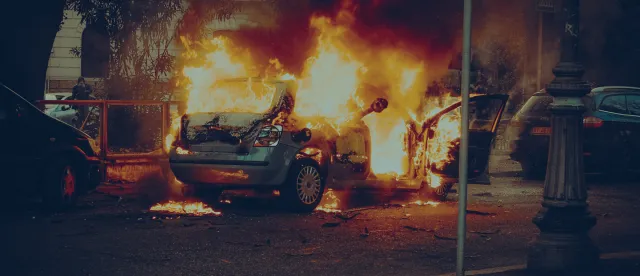The Geneva Centre for Security Policy podcast is your gateway to top conversations on international peace and security. It will bring you timely, relevant analysis from across the globe with over 1,000 multi-disciplinary experts speaking at 120 events and 80 courses every year. Click subscribe, download on your favourite podcast player, get notified each time we release our weekly episode.
Podcast Episode 19
Host: Hello, my name is Claire Heffron, and welcome to this week's episode of the Geneva Centre for Security Policy podcast on the latest issues, advancing peace, security and international cooperation. In recent years, the world has witnessed violent extremism and terrorism that has taken the lives of many innocent people. Violent extremism is a result of historical, political, economic, and social circumstances. We discuss the challenges ahead with Emily Winterbotham, Director of the Terrorist and Conflict Group and a senior research fellow at the Royal United Services Institute for Defense and Security Studies on Effective P/CVE strategies and interventions. And today's military is an integral part of maintaining global peace and security in our current world. We spoke to a former NATO Commander of Allied Joint Force Comman Brunssum General Hans-Lothar Domröse
Host: One of the biggest challenges in today's society is controlling of violent extremism and radicalisation that leads to terrorism. We discussed the latest issues with Emily Winterbotham who's a director at the Terrorism and Conflict group. Firstly, what's an example of an effective P/CVE strategy and intervention?
Ms Emily Winterbotham: The first thing to point out is that the evidence itself in the field is very, very weak. This doesn’t kind of tend to be because there are conceptual challenges, methodological challenges, operational challenges. For example, everyone talks about the attribution problem. And that's basically saying, how can we prove that something's working, if the evidence for something working is that something hasn't happened, you're trying to prove a negative, you know, there are also challenges in terms of monitoring and evaluation, how costly they can be. We know that CVE projects in particular, tend to be very, very small and sometimes very short term. It can be hard to integrate complex monitoring and evaluation systems into them. We end up in that kind of situation where we're kind of going, well what works and what doesn't. Now, I think a convincing way to go around this is to define the problem of violent extremism in a particular area, to be able to identify the particular factors that are contributing to violent extremism, the at-risk groups and their particular vulnerabilities, and to then design interventions around those risk factors. And if you can prove that you're impacting on certain behavioral attitudinal knowledge based gains or changes, you have what we would call a “good contribution story” to say, even though you might not be able to prove the impact, you might not be able to see violent extremism decreasing, you have a good contribution story to say, for what we're doing should hopefully have some impact even if it can't be seen.
Host: And what evidence is one looking at in order to determine effectiveness?
Ms Emily Winterbotham: RUSI has been working on what we've called the evidence base for P/CVE over the last two years. We've gathered masses of documents that we can find everything from peer reviewed material to evaluations and to grey literature. And from that what we've tried to explore is what's working (what's not) in relation to different types of interventions. From that, I think what we can kind of confidently say, despite the rigor that I think exists in terms of evaluations themselves, context is the most important. If you can define, as I said earlier, the problem of violent extremism, and you can design an intervention that matches that problem, and matches the individuals or the groups of individuals that are affected by the problem of violent extremism, you have a better chance of success. Now, that means that we should tend to promote integrated responses, not just the kind of one off communications approach, but actually for example a mentorship approach that would address the socio economic, the ideological, the pragmatic factors that may be behind an individual joining a violent extremist group. We've got examples of kind of where that I think has been working slightly better. At RUSI, we have something called preventive communications. And that basically takes the, kind of turns the concept of communications on its head, and it makes the individuals who have been identified to be vulnerable to radicalisation agents of their own communication campaigns. And in doing so, they create positive news stories, you know, particularly around youth. We've done this in Kenya where youth are often seen as they're marginalised or they're often talked down about. It's engaging with young people, particularly in poor areas which are affected by violent extremism and getting them to tell their stories. And the process of telling their stories not only generates really interesting and engaging content for other young people, but it also teaches them skills about how to do communications, which are commercial skills that they can then take on elsewhere. And at the same time, they feel that they've been listened to, which is part of the battle in and of itself.
Host: What are the key indicators that determine an act of violent extremism?
Ms Emily Winterbotham: In programmes I've looked at in Indonesia and Bangladesh actually funded by UN Women, and they've actually had an independent evaluation conducted by Monash University at the same time. They've actually kind of confronted the methodological challenge I mentioned earlier, that shown that integrating women with skills to engage with people in the security sector, building their confidence to discuss issues related to violence, extremism, at the same time as empowering them through socio economic initiatives, and at the same time is having what we would call maybe communications initiatives around the promotion of women's rights and issues to do with violent extremism, that seems to be better equipping women to deal with some of the complex challenges that they're seeing on the ground. Similarly, in Kenya, another UN Women Project, brought together women with members of the Security Services and facilitated a dialogue created a network, created training, outreach into schools and with young people. And that approach seemed to increase the ability of women not only to kind of deal with the challenges that they were facing in their families or at the community level, but also to share information and to actually provide information about particular cases of individuals that they were concerned about.
Host: And finally, how are effective PCV strategies and interventions rolled out across governments?
Ms Emily Winterbotham: I think probably one of the fields that gets the most attention is CVE communications so StratComms campaigns tend to be the go to government method. And in a way that's to be seen to be doing something. And the evidence would suggest that actually campaigns which focus on counter narratives, simply countering the narratives coming out of a violent extremist group don't actually work because actually, what they simply do is either affirm what the violent extremist group is saying, or actually don't have much traction with those who are at risk of radicalisation, because their cognitive ability to actually be able to understand a counter viewpoint isn't necessarily there. Instead, we've talked about alternative narrative, providing a convincing picture of, you know, the situation in the country, opportunities, community resilience, civic engagement, things like that might be more positive. I'm still not quite sure about that. I think, you know, there isn't significant evidence. But what it does seem to show is that the key thing is about the engagement. Approaches where you open up a conversation where you have a dialogue, or you have the ability to express yourself. The process in and of itself is the thing that's important, actually, rather than necessarily the aim.
Course Advertisement:
As professionals in all activities, we are under pressure to be productive, innovative, reactive, to create the best conditions for our companies, our employees, our customers and our countries. We must learn how to negotiate and navigate in a complex world so we can reach our goals. I am Marc Finaud, I am the course director for Diplomatic Tradecraft for Non Diplomats. at the Geneva Centre for Security Policy, we offer a platform where professionals can share knowledge and experience. We use innovative teaching tools and interactive methods towards a transformative journey. We can help you achieve your goal by giving you access to experienced diplomats who will share their professional tools that will be useful to you as practitioners in other areas. We have a plan to help you and your business learn from successes and failures from diplomats in order to elevate your positioning by applying successful diplomatic techniques and tradecraft in your activities, come discover how diplomatic experience can help you.
Host: Earlier we spoke to a former NATO Commander General Hans-Lothar Domröse, who shares his insights with us on the changing and evolving security environment. Firstly, what are the major challenges facing armed forces and militaries globally today?
General (rtd) Hans-Lothar Domröse: The major changes not only for the military, for our societies as such, I think is the fast changing world currently as we see it, and at the same time everything happens. So it is digitalisation, it is the democratic change, it is the change from Europe to Asia, the nuclear race. Africa, the refugees, so everything at the same time and for the military, it means that the military has to maintain this speed in order to cope with those changing challenges. I mean, in the old days, a Russian tank, it took seven years to develop it and to bring it into today it takes twice as much. So I don't know exactly whether the contracts are complicated, whether the techniques are too complicated or whether we are slower mentally slower than the technical possibilities. So in order to maintain it, it is urgently required that you stay flexible. In other words, you've got to adopt your structures and your procedures accordingly to the speed.
Host: And how does it maintain the speed?
General (rtd) Hans-Lothar Domröse: It has something to do with the media. It has something to do with fake news. It has something to do with cyber, cyber defence, cyber action. So these are brand new methods of warfighting symbols. And also it is not only the military, I mean, I'm not only talking about tanks, aircraft and ships, we are talking about these artificial things that simply happen within society. And I think the military has learned that they have to work together with all these agencies in order to understand what's going on. First of all, the institution as this one here in Geneva, it is so important to understand what's going on first. Secondly, that we stay committed to our roots, or let's say to our values and these values as a European and as a German in particular, I would describe as the values of freedom. So there was this American Revolution, there was the French Revolution in 1789, which brought us freedom which means we have independence of law. Very important. Government and law require that they're independent. Secondly, that we maintain freedom of speech and gathering; the freedom of the free press is so important. Who else can control a government? Nobody. So if we maintain those and if we treat each other respectfully, then I do hope and I'm convinced that we can maintain a sort of peace but in this world which is no longer bipolar or bipolar with Russia and America only. It has five centres right now, China comes on to, Pakistan, India, Brazil, and all the newer developments. It is so difficult for politicians to keep these five fingers together. But I think we can do and we have to convince people from day to day that talking standing in for values is much better than shooting.
Host: And what can we do about the fundamental change that we're seeing in peace and security?
General (rtd) Hans-Lothar Domröse: First of all stay agile, stay flexible, learn languages go out and see the world because we in Europe are no longer the centre of gravity, the centre of gravity has changed maybe into the Arab world, maybe into the Chinese word maybe into Africa, but definitely it has gone from Europe to the east. Let's put it in a global way, learn languages in order to better understand the people and to treat them respectfully and try to make the best cooperation possible. In the end, we've got to understand that we have to accept other ways of doing things. In the old days when I was growing up, 25% of the world population was European today it is 7% or less tomorrow it will by 2030, be less than 5%. So 5% cannot dominate the work. I mean, that is obvious. So we've got to see and learn with the others and to adapt our way to cooperate but peacefully. I mean, that is the key.
Host: So in this sense, what is the advice you would give to young leaders of the 21st century?
General (rtd) Hans-Lothar Domröse: Mainly, I would suggest here in Geneva, where is the hometown of the United Nations institutions, so many of these that we are still on the right path, as our parents and grandparents and has taught us I mean, we should not forget there were two ugly world wars in the world, both starting in Germany, we had the nasty Nazi regime had killed more than 5 million Jewish people. So that is a way that we have learned that there is no way to repeat it. It must not happen again. So we have learned our lesson and now we have to develop that the new danger is always coming. The devil is always calling and we must find him as always to stay on the right course. Stay vigilant and keep all and maintain our values.
Host: That's all we have now for today's episode. Thank you to Emily Winterbotham for joining us along with general Hans-Lothar Domröse. Listen to us again next week to hear all the latest insights on international peace and security. Bye for now.
Disclaimer: The views, information and opinions expressed in this digital product are the authors’ own and do not necessarily reflect those shared by the Geneva Centre for Security Policy or its employees. The GCSP is not responsible for and may not always verify the accuracy of the information contained in the digital products.
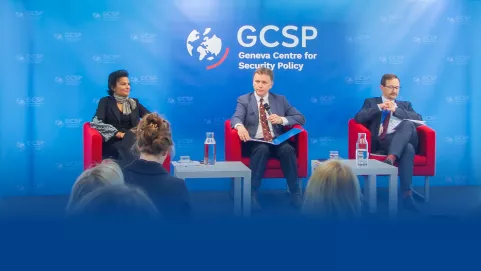 Violent extremism and other stories
">
Violent extremism and other stories
">
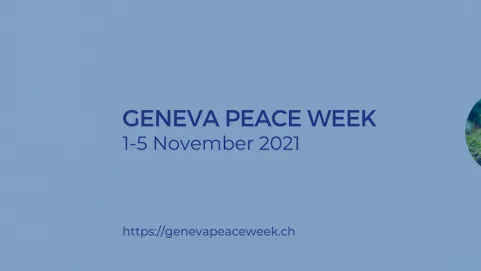 Violent extremism and other stories
">
Violent extremism and other stories
">
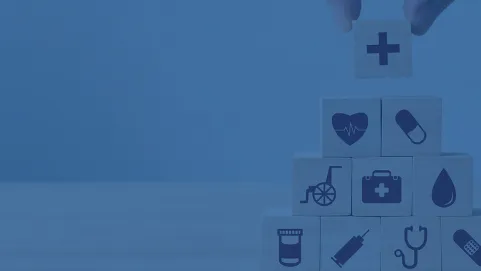 Violent extremism and other stories
">
Violent extremism and other stories
">
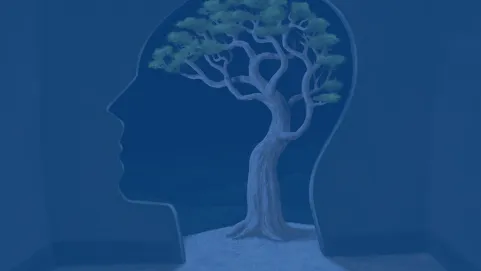 Violent extremism and other stories
">
Violent extremism and other stories
">
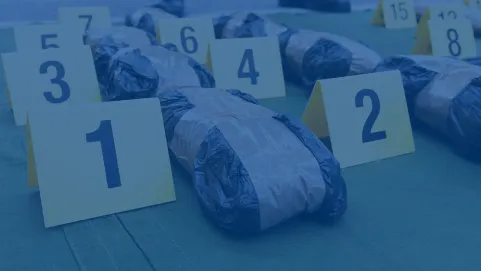 Violent extremism and other stories
">
Violent extremism and other stories
">
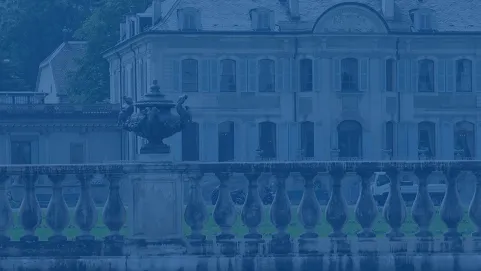 Violent extremism and other stories
">
Violent extremism and other stories
">
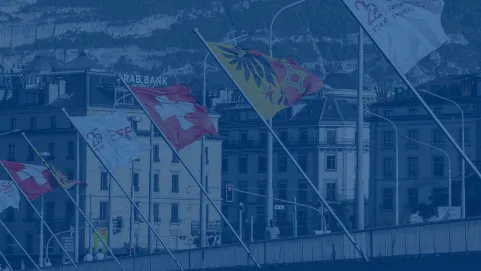 Violent extremism and other stories
">
Violent extremism and other stories
">
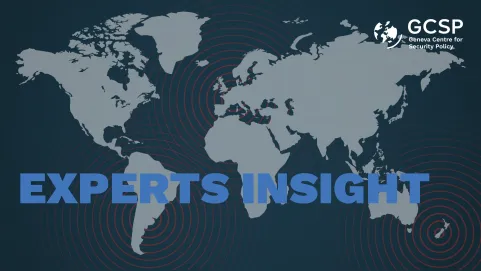 Violent extremism and other stories
">
Violent extremism and other stories
">
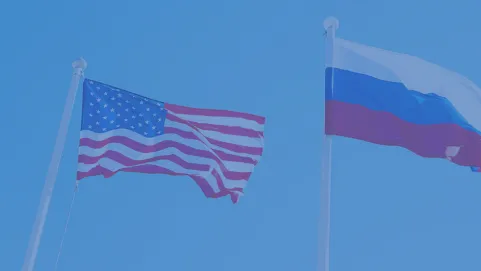 Violent extremism and other stories
">
Violent extremism and other stories
">

